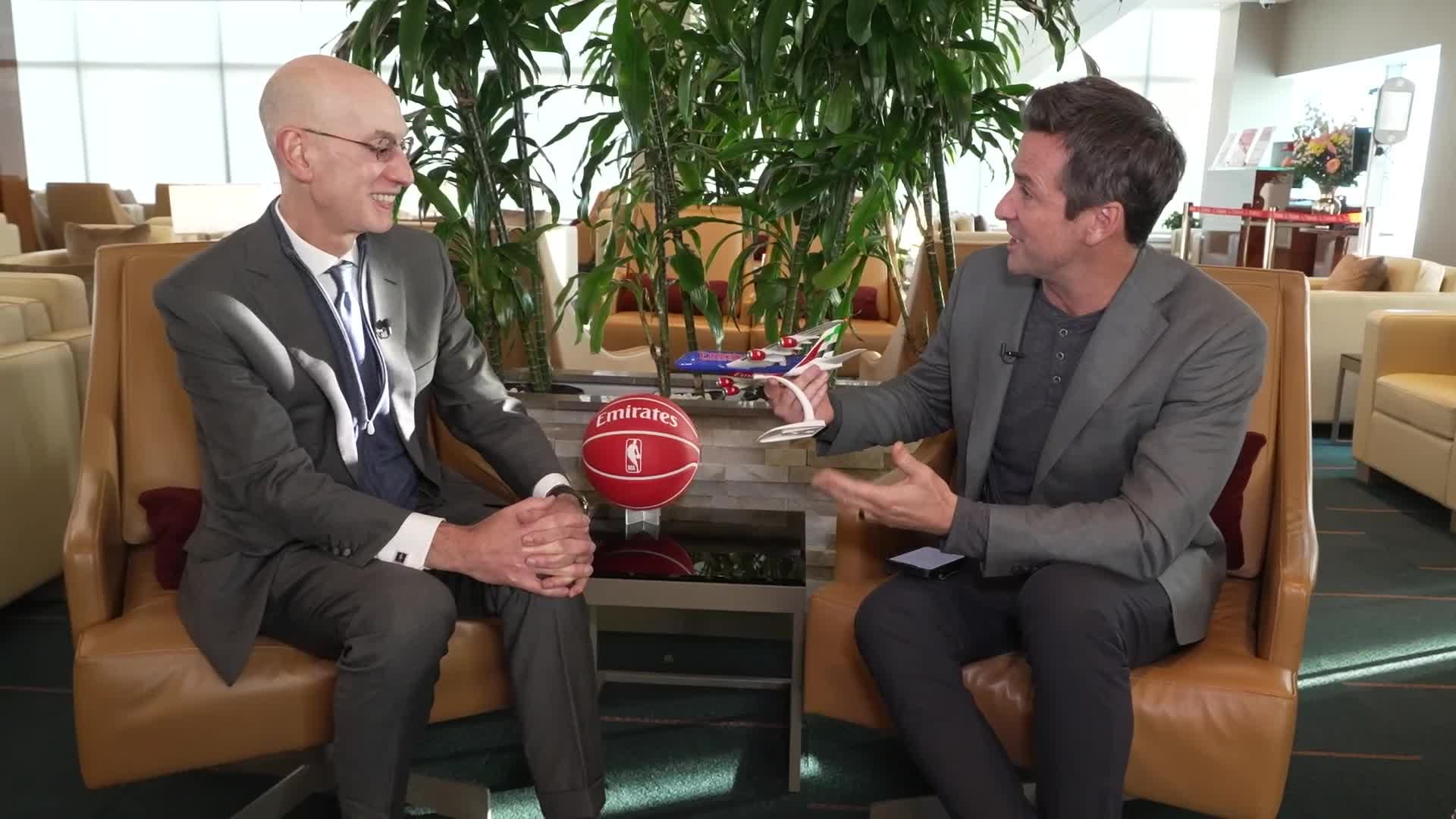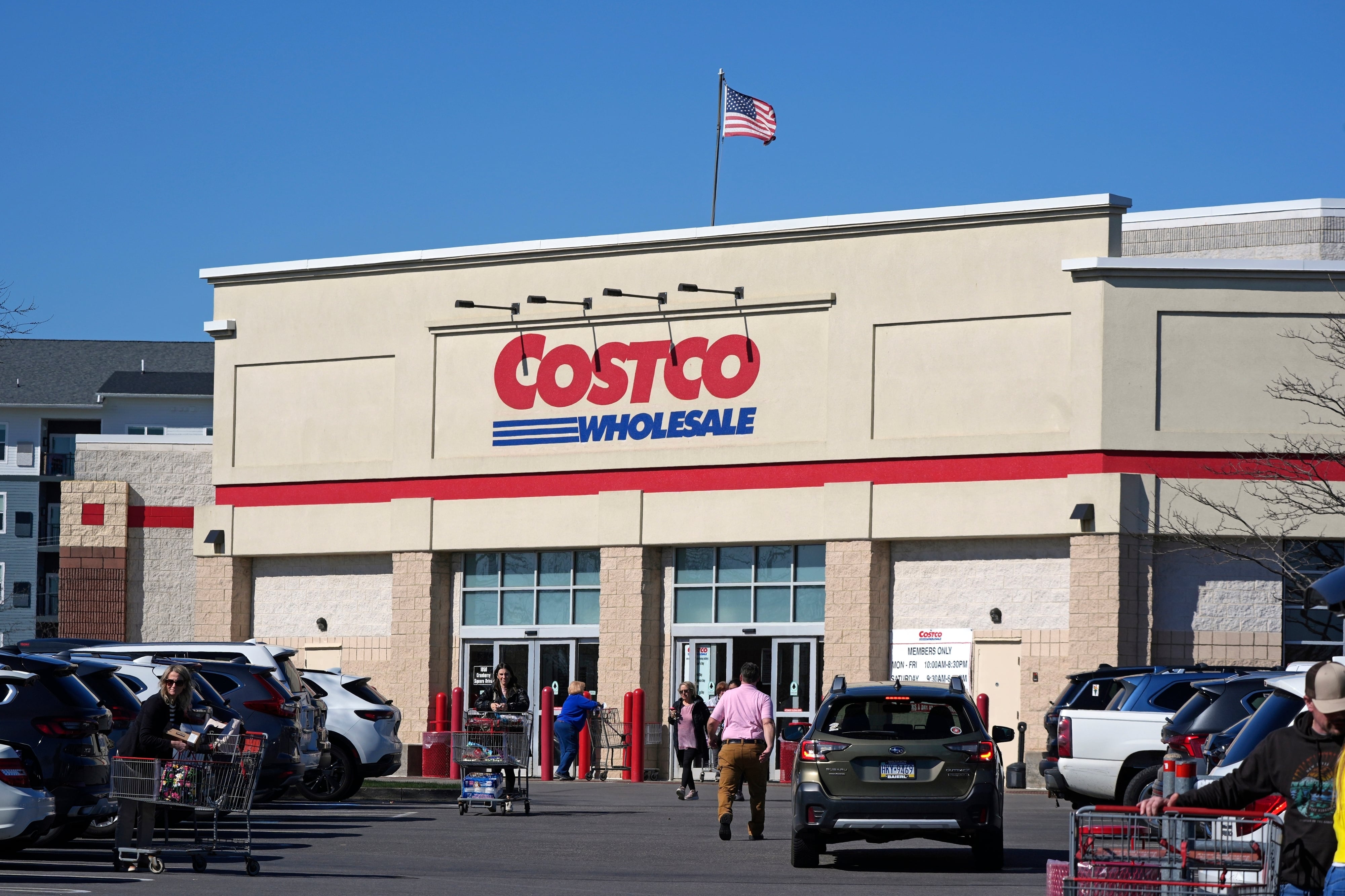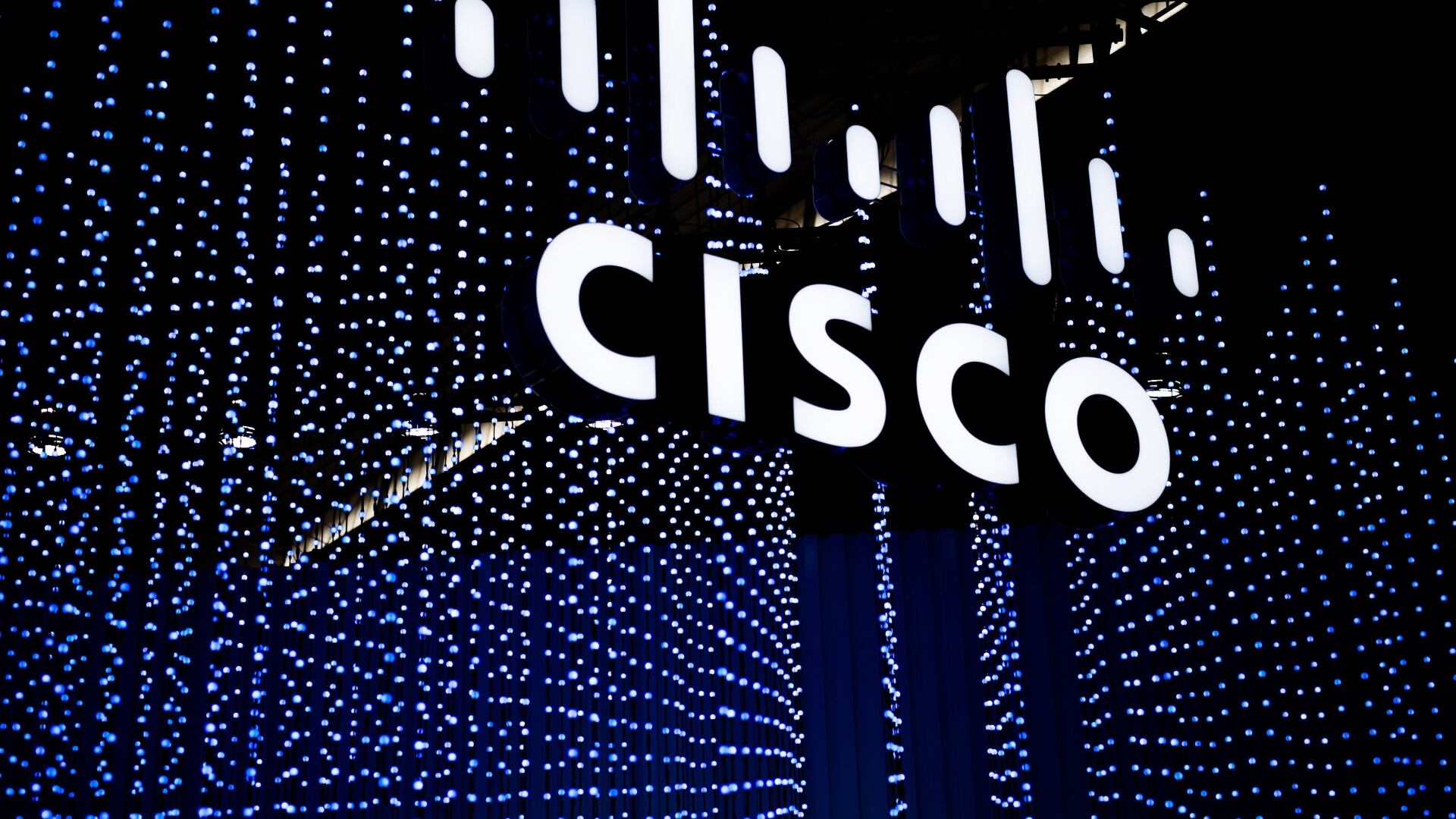All of Ford Motor Co.'s current and future electric vehicles will have access to about 12,000 Tesla Supercharger stations in the U.S. and Canada starting next spring.
Ford CEO Jim Farley and Tesla CEO Elon Musk announced the agreement Thursday during a “Twitter Spaces” audio chat.
“We think this is a huge move for our industry and for all electric customers,” Farley said.
Musk said he didn't want Tesla's network to be a “walled garden” and that he wants to use it to support sustainable transportation.
“It is our intent to do everything possible to support Ford and have Ford be on an equal footing at Tesla Superchargers,” Musk said.
Farley said there will be a cost to Ford owners, perhaps a monthly subscription, but he didn't give specifics. Details of any financial arrangement between Ford and Tesla were not announced.
At first, Ford's current electric vehicles will need an adapter to hook into the Tesla stations, which have their own connector. But Ford will switch to Tesla's North American Charging Standard connector with its second-generation EVs starting in 2025, Farley said.
Ford said Tesla's connector is smaller and lighter than those in use by other automakers.
Farley said Tesla's Superchargers have great locations.
“We love the locations. We love the reliability,” he said. They will join Ford's own Blue Oval charging network which has about 10,000 fast-charging stations, he said.
Ford EV owners will be able to access the Tesla chargers seamlessly with Ford's app, Musk said.
Tesla has about 17,000 Supercharger stations in the U.S. There are about 54,000 public charging stations in the U.S., according to the Department of Energy, but many charge much more slowly than the Tesla stations.
The Ford-Tesla deal is separate from a plan to open part of Tesla’s charging network to all EVs.
The White House announced in February that at least 7,500 chargers from Tesla’s Supercharger and Destination Charger network would be available to non-Tesla electric vehicles by the end of 2024.
The chat between Musk, who last fall bought Twitter for $44 billion, and Farley came off without the embarrassing technical glitches that plagued Florida Gov. Ron DeSantis’ announcement Wednesday that he was running for president.
With Musk, DeSantis released the news that he would seek the Republican nomination, but the chat was delayed by glitches for nearly a half hour. Musk blamed it on straining of servers because so many were trying to listen in.
The Farley-Musk chat had a much smaller audience, than DeSantis, about 18,000 listeners at the start.
The number on the DeSantis chat topped out at 420,000, far from the millions who have watched televised presidential announcements. After the problems were fixed, the audience remained under 500,000.











